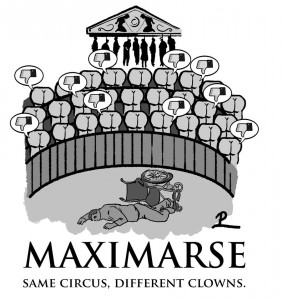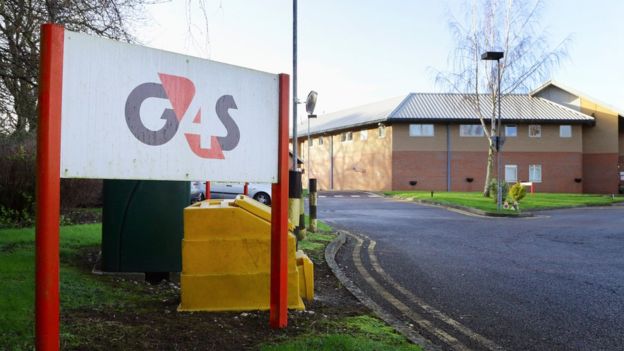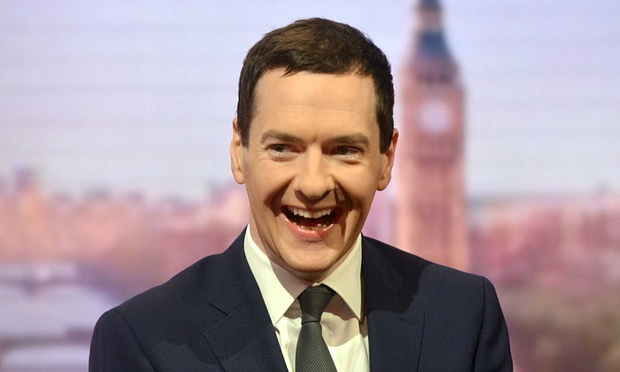This is a cautionary tale about the perils of internet browsing. You can’t believe all you read – perhaps not even this post!
Just a few years ago, Michael Gove was in full flow trying to single-handedly destroy education in Britain by his reforms. On more than one occasion, in discussion, I found myself in agreement with head teachers and other professionals on this subject. In particular, we agreed that Gove was intent on improving the skills of our school pupils: the skills needed for life in 1950s Britain. Changes to the curriculum and testing would measure pupils’ ability to remember and regurgitate facts.
I also found agreement about a key skill that I think is vital to equip our children for life in the 21st century. In this internet age, with instant access to unlimited amounts of information, being able to assess the validity and reliability of something read on the web is essential. Taking a sceptical approach, to think for oneself and to carry out proper research are essential tools to equip anyone for modern life.
I learnt this lesson for myself again recently – the hard way.

The Act That Wasn’t
I use the internet frequently to try to establish the “facts” before writing many of my blog posts. I was considering a piece on how, in Britain, there is a lack of informed debate on just how good, or bad, the former British Empire was – for us Brits and for those in our former colonies. I was already pretty convinced from prior knowledge about one stark fact. Historians now generally agree that somewhere between 20 and 40 million Indians died in the late 19th century as a direct result of British Imperial policies and legislation. A whole series of avoidable famines and deaths ensued.
I have a memory of something I’d read a few years earlier about a law passed by the Indian Imperial Government making it illegal for concerned individuals to raise charitable donations for famine relief – lest the corn traders’ profits were affected. And yes – after a bit of web browsing – I found it again. It’s called the 1877 Anti-Humanitarian Act. There’s just one problem: there was no such Act.
This article summarises what happened. A Californian academic, historian Mike Davis, wrote about it in a 2000 book called Late Victorian Holocausts. Guardian journalist George Monbiot picked up the story in a 2005 article, which is presumably where I first heard about it. Davis got it from a book called The Famine Campaign in Southern India by William Digby, Hon. Sec. Indian Relief Fund, published in 1878. What Davis had missed was that Digby makes it clear (on page 55) that this was a spoof, a satire made up by one of the campaigners frustrated by the British Government’s indifference to the unnecessary suffering and death of so many of its imperial subjects.
Where does this leave us? I’m convinced the famines were real, the deaths were real, the UK government’s indifference was real, but the Act isn’t. So, all you seekers after truth, beware! Tread carefully around the web and hang on to that key critical life skill I was banging on about to the teachers!








